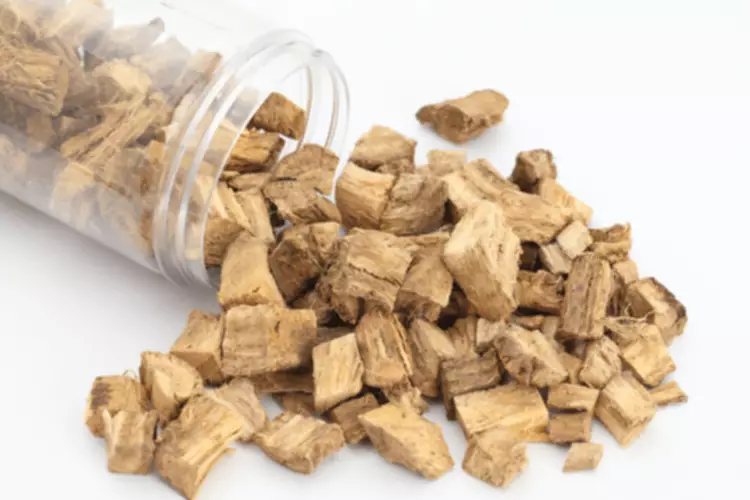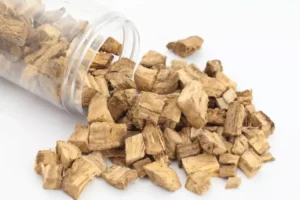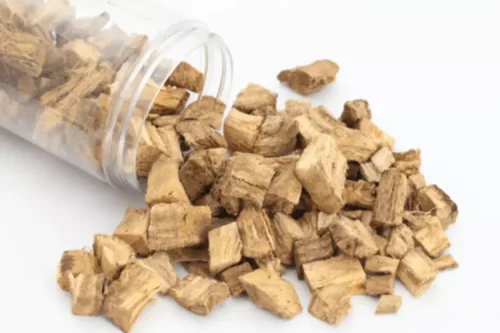
Specifically, people who had consumed 30.9 ± 18.7 alcoholic drinks/day for approximately 25.6 ± 11.5 years exhibited a decreased frequency of naïve (i.e., CD45RA+) CD4 and CD8 T cells, as well as an increased frequency of memory T cells (i.e., CD45RO+) (Cook et al. 1994). Another study conducted in humans with self-reported average alcohol consumption of approximately 400 g/day also found an increase in the percentage of both CD45RO+ memory CD4 cells and CD8 cells (Cook et al. 1995). Thus, studies in C57BL/6 mice demonstrated that chronic ethanol consumption (20 percent ethanol in water for up to 6 months) decreased the frequency of naïve T cells and increased the percentage of memory T cells (Song et al. 2002; Zhang and Meadows 2005). This loss of naïve T cells could does alcohol suppress immune system result from decreased T-cell production in the thymus; increased cell death (i.e., apoptosis) of naïve T cells; or increased homeostatic proliferation. Additional analyses detected evidence that T-cell proliferation in the spleen was increased in alcohol-consuming mice (Zhang and Meadows 2005).

Let’s talk about your recovery
- Early studies already had indicated that chronic alcohol abuse (i.e., for 12 to 15 years) resulted in reduced numbers of peripheral T cells (Liu 1973; McFarland and Libre 1963).
- This means that its functioning shifts to focus on breaking down the alcohol and takes its energy from other critical functions such as fighting diseases.
- Also, long-term changes in immunity include the creation of inflammation, especially in the intestines.
- Alcohol is known to impair goblet-cell metaplasia and mucus accumulation (84–86), smooth-muscle hypercontractility (87), eosinophil and mast-cell recruitment (88–90), and alternative macrophage activation (91, 92).
- Since pneumonia is an infection inside the lung, a person can gradually cough it out.
People can develop a lung abscess when bacteria from the throat or mouth enter the lungs and create a pus-filled cavity surrounded by swollen tissue. A secondary lung abscess can develop from a lung obstruction or infection that begins in another body part. A lung abscess can lead to cough, chest pain, fever, fatigue, night sweats, appetite loss, weight loss, sputum, and, empyema. Alcohol also reduces sleep quality, which increases a person’s chances of getting sick and recovering from illnesses. Adequate sleep helps the body fight off infections and viruses, and the less sleep you get, the less your immune system can protect your body.
How does heavy drinking affect the body?
They also offer evidence that alcohol-induced neuroimmune activation plays a significant role in neural degeneration and that the neuroendocrine system is involved in controlling alcohol’s effects on peripheral immunity. Molecular mechanisms of the dose-dependent effects of alcohol on the immune system and HPA regulation remain poorly understood due to a lack of systematic studies that examine the effect of multiple doses and different time courses. There may be important differences in the effects of ethanol on the immune system depending on whether the study is conducted in vitro or in vivo, as the latter allows for a complex psychogenic component in which stress-related hormones and immune-signaling molecules interact. In addition, most studies have been done in vitro using primary cells or cell lines in the presence of rather high, constant doses of ethanol. Similarly, most rodent studies to date have focused on acute/short-term binge models utilizing marijuana addiction high concentration of ethanol (20% ethanol) as the sole source of fluid, a possible stressor in itself. Therefore, there is a pressing need for in depth studies that examine dose-dependent effects of chronic ethanol consumption on immunity in vivo to allow for the complex interactions between ethanol, its metabolites, HPA signaling, nutritional deficiencies, and the immune system.

Infectious Diseases

Together, these observations suggest that chronic alcohol consumption results in lymphopenia, which can increase homeostatic proliferation and accelerate conversion of naïve T cells into memory T cells (Cho et al. 2000). The dendritic cell (DC), which plays a critical role in T cell activation and initiation of https://ecosoberhouse.com/ adaptive immune responses, is another innate immune cell affected by ethanol. DCs uptake antigens in peripheral tissues which leads to their maturation, and then travel to draining lymph nodes where they present them to T cells (Janeway 2008). Similarly, consumption of 10% (w/v) ethanol in tap water ad libitum for 2 days in mice resulted in decreased bone marrow DC generation, decreased expression of CD80 and CD86, impaired induction of T cell proliferation, and a decrease in IL-12 production (Lau, Abe et al. 2006).
Individualized, evidence based treatment, to fit your needs.
- Consequently, deficiency in vitamin A results in the impairment of mucosal responses (Mora, Iwata et al. 2008).
- Decreased IL-2 and CCL5 levels provide insight into possible mechanisms of impaired T cell recruitment and proliferation.
- Treatment of a mouse cell line (i.e., A78-G/A7 hybridoma cells) with different concentrations of ethanol (25, 50, 100, and 200mM) for 48 hours resulted in a linear increase in IgM levels (Muhlbauer et al. 2001).
In fact, many advancements in alcohol research are a byproduct of the investment in cancer research, Kevin Shield, PhD, senior scientist at the Centre for Addiction and Mental Health in Toronto, tells SELF. A review of research he co-authored, published at the end of November, was the first to show that less than one drink a day increased breast cancer risk. (Previous studies have connected alcohol and breast cancer but never revealed just how little booze can move the needle.) Other types of cancer that are linked to alcohol use include colorectal, liver, esophageal, stomach, and certain types of head and neck cancers. Because alcohol acts as a depressant, it slows down your brain activity and alters your behavior, mood, and self-control—which is why when you drink, you might act in ways you otherwise wouldn’t.
- It contains numerous cells and proteins that recognize infections and fight them.
- Alcohol also activates an enzyme acting at the thymocyte membrane called adenylate cyclase, which increases the intracellular concentration of cyclic AMP (Atkinson et al. 1977).
- According to the Cleveland Clinic, once you take a sip of alcohol, your body prioritizes breaking down alcohol over several other bodily functions.
- In addition, Jα18-/- mice (a knockout model deficient in iNKT cells) demonstrated significantly higher levels of total NK-cell count and IFN-γ release following alcohol exposure, while WT mice exhibited a loss of total NK cells and IFN-γ.
- For example, ethanol impairs the release of IL-15 which promotes the maturation of NK cells (4).
Alcohol and cancer: A growing concern
ADH is present in the cytosol whereas CYP2E1 is present predominantly in microsomes. Both enzymes convert alcohol to acetaldehyde, which is further metabolized to acetate by acetaldehyde dehydrogenase (ALDH) in the mitochondria. Acetate is then released into the blood where it is oxidized to carbon dioxide in the heart, skeletal muscle, and brain (Zakhari 2006).

On Jan. 3, outgoing Surgeon General Vivek Murthy released an advisory warning that alcohol consumption raises the risk of at least seven types of cancer. Shortly afterward, a second federal report warned that people who consume more than nine drinks per week have a one in 100 chance of dying from their habit, due to alcohol’s links to a range of health problems. As described earlier for adult humans, alcohol can lead to increases in Ig levels during development, even if the numbers of mature B cells decrease.

Is drinking alcohol bad for your health? New dietary guidelines will weigh risks and benefits
In fact, the National Institute on Alcohol and Abuse and Alcoholism explains that one episode of drinking can cause problems. An individual who drinks small amounts of alcohol will have a suppressed immunity for a short amount of time. Alcohol impairs the immune system by suppressing cell-mediated immunity, weakening the body’s ability to defend against infections in the respiratory system.



